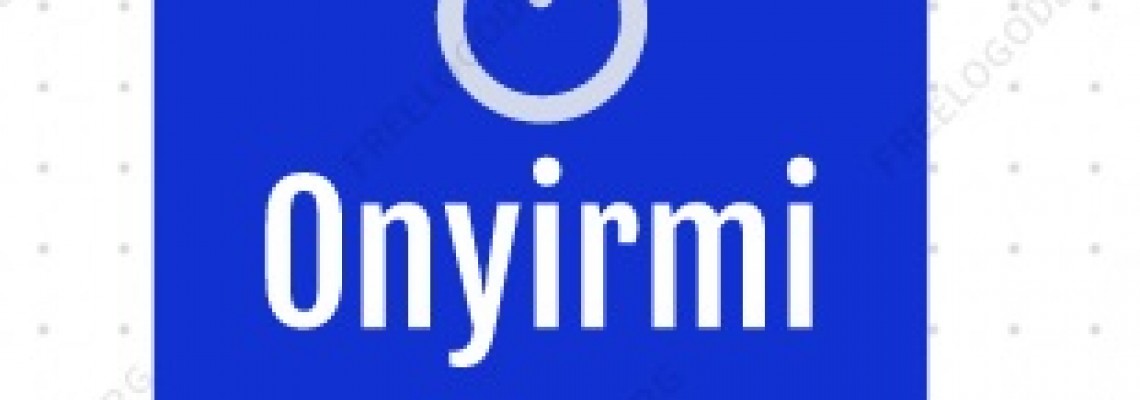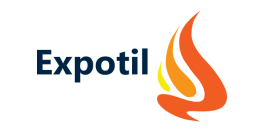
Unveiling the Wholesale Textile Landscape in Turkey: A Hub of Quality and Diversity
Introduction
Turkey has emerged as a global hub for the wholesale textile industry, renowned for its rich heritage in textiles, diverse product offerings, and strategic geographic location. This article explores the wholesale textile landscape in Turkey, delving into its strengths, key players, and contributions to the global textile trade.
Textile Tradition and Expertise
With a history deeply intertwined with textiles, Turkey boasts a tradition of craftsmanship that spans centuries. From the intricate patterns of traditional carpets to modern textile innovations, the country's skilled artisans have contributed to the industry's growth and evolution.
Strengths of Wholesale Textile in Turkey
Geographical Advantage: Situated at the crossroads of Europe and Asia, Turkey enjoys a strategic location that facilitates easy access to global markets. This advantageous position enables efficient transportation and trade, positioning the country as a vital textile trading hub.
Diverse Product Range: Turkey's wholesale textile market offers a wide array of products, ranging from fabrics for fashion and apparel to technical textiles used in various industries such as automotive, medical, and construction. This diversity allows the country to cater to a broad spectrum of client needs.
Quality Craftsmanship: Turkish textiles are renowned for their quality and craftsmanship. The adherence to traditional techniques, combined with modern production methods, results in textiles that are both aesthetically appealing and durable.
Innovative Manufacturing: Turkey has invested in advanced manufacturing technologies, enabling the production of high-value and technically advanced textiles. This includes textiles with special finishes, innovative designs, and performance-enhancing properties.
Key Textile Centers
Istanbul: As Turkey's largest city, Istanbul serves as a major textile trading hub. Its historic Grand Bazaar and modern wholesale districts attract buyers from around the world seeking a wide range of textiles.
Bursa: Known as the "Green City" for its lush landscapes, Bursa is a hub for the production of fabrics, particularly those used in the automotive and home textile industries.
Denizli: Specializing in home textiles, Denizli is famous for its towels, bathrobes, and bed linens. It is a key player in the global home textile market.
Challenges and Future Outlook
Competition: While Turkey enjoys a strong position, it faces competition from other textile-producing countries. Staying competitive necessitates ongoing innovation, efficiency improvements, and cost management.
Sustainability: The demand for sustainable textiles is on the rise globally. Turkish wholesale textile businesses are gradually adopting eco-friendly practices and materials to meet this demand.
Market Diversification: To mitigate risks associated with dependence on specific markets, Turkey's textile industry is exploring opportunities to diversify its export destinations.
Turkey, a country straddling two continents, has emerged as a powerhouse in the global textile industry. With a rich history of textile production and a strategic location bridging Europe and Asia, Turkey has become a vital hub for wholesale textile trade. This article sheds light on the wholesale textile sector in Turkey, exploring its strengths, contributions, and the factors driving its success.
The Textile Heritage of Turkey
Turkey boasts a centuries-old tradition of textile craftsmanship. From intricate carpets and rugs to fine textiles, the country's artisans have mastered the art of weaving, dyeing, and printing. This heritage has laid the foundation for a modern and dynamic wholesale textile industry.
Strengths of Turkey's Wholesale Textile Sector
Geographic Advantage: Situated at the crossroads of major trade routes, Turkey enjoys strategic access to both European and Asian markets. This location facilitates efficient distribution and trade, making it a sought-after destination for wholesalers.
Diverse Product Range: The Turkish wholesale textile sector offers a wide array of products, including fabrics, apparel, home textiles, technical textiles, and more. This diversity caters to various industries, from fashion to interior design and beyond.
Quality and Craftsmanship: Turkish textiles are renowned for their quality and attention to detail. The combination of traditional craftsmanship and modern production techniques ensures that wholesale buyers receive high-quality products.
Competitive Pricing: Turkey's cost-effective production capabilities, coupled with its skilled workforce, enable wholesalers to offer competitive prices without compromising on quality.
Driving Forces Behind Turkey's Success
Innovation and Technology: Turkey's wholesale textile industry has embraced technological advancements, such as digital printing, smart textiles, and sustainable manufacturing practices. This commitment to innovation keeps the sector relevant and competitive.
Export-Oriented Approach: Turkish textile manufacturers have a strong export focus, catering to international markets. This approach has led to the establishment of strong trade relationships and increased global visibility.
Sustainability Initiatives: Recognizing the importance of sustainability, many Turkish wholesale textile businesses are adopting eco-friendly practices, including the use of organic fibers, water-saving techniques, and waste reduction measures.
Trade Shows and Fairs: Turkey hosts various international textile exhibitions and trade fairs, providing a platform for wholesale suppliers to showcase their products, forge new connections, and stay updated on industry trends.
Challenges and Future Prospects
Competition: While Turkey's textile industry is thriving, it faces stiff competition from other textile-producing countries. To maintain its edge, continuous innovation and differentiation are essential.
Labor Costs and Regulations: Managing labor costs and navigating labor regulations can be challenging for wholesale textile businesses. Striking a balance between competitive pricing and fair wages remains a constant concern.
Global Economic Factors: Fluctuations in global economies and currency exchange rates can impact export-oriented businesses like those in Turkey's wholesale textile sector.









Leave a Comment